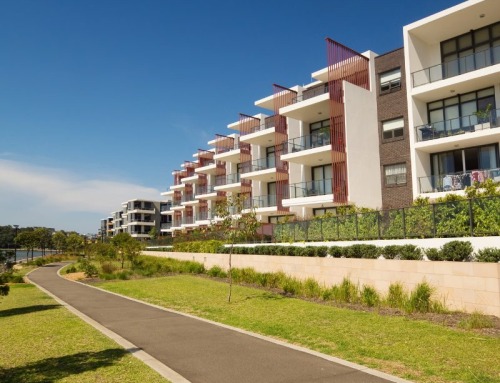Overview
A commercial property lease is a rental agreement between a landlord (“Lessor”) and tenant (“Lessee”) to use a warehouse, factory, office or a similar facility.
Before entering into a commercial property lease (“the Lease”), proper due diligence should be conducted to analyse the terms and conditions of the Lease and to understand the rights and obligations assigned of the parties.
Since a commercial property lease is a legally binding agreement affecting the value of a business, it is always recommended to seek legal advice in drafting and negotiating a Lease.
Commercial Lease
A commercial lease should contain the following particulars:
(a) the property that is being leased;
(b) how the property will be used;
(c) the names of the parties;
(d) the date on which the lease will commence and the term of the Lease to be paid by the Lessee; and
(e) the rent and other money.
Rights and Duties of the Lessor and the Lessee
Lessor’s rights and duties:
(a) the right to receive timely payment of rent and other payments;
(b) right to enter the leased property when there is a non-payment of rent, however, the Lessor’s right of entry after default by the Lessee differs between jurisdictions;
(c) the right to enter the property for inspections and repairs;
(d) right to resume possession of the leased property if there is a fundamental breach of the terms of the Lease or the Lessee’s conduct constitutes a ‘repudiation’ of the Lease; and
(e) to ensure quiet and peaceful possession by the Lessee.
Lessee’s rights and duties:
(a) the right to quiet and peaceful enjoyment of the property without disturbance;
(b) the right to use the property for the permitted use;
(c) duty to make timely payment of lease rent and related costs;
(d) duty to hand over the property on expiry of the lease; and
(e) duty to repair any damage caused to the property.
Issues To Consider
Lessors should consider the following:
(a) the term of the lease;
(b) renewal options;
(c) rental payment of the leased property and the related costs;
(d) the form of the lease documents;
(e) the rent review provisions; and
(g) the security to be provided by the Lessee.
Lessees should consider the following:
(a) what is the security to be provided during the tenure of the lease;
(b) whether their proposed use of property is lawful and whether any approvals are required;
(c) what are the provisions, if there is any default in rental payment and the applicable penalty;
(d) is there any right to sub-lease the property; and
(e) what are the termination clauses in the Agreement.
Duty
Since 1 January 2008, no duty is payable on new commercial leases in New South Wales. However, in the following circumstances duty will be charged:
(a) if a premium is paid or in respect to a Lease or the Agreement;
(b) a lease entered into pursuant to an option if an amount is paid or payable for the grant of the option;
(c) transfer or assignment of lease; and
(d) if there is any surrender of lease.
Termination Clauses
In certain circumstances, a lease can come to an end before the expiry of the lease term, for example:
(a) if the Lessee surrenders the lease;
(b) if the Lease is terminated pursuant to a term in the lease or specific statutory grounds;
(c) if there is a deliberate breach of fundamental term by either the Lessor or the Lessee; and
(d) frustration of Contract.
WMD Law cannot only guide you with expert legal advice on all aspects of commercial property leasing, but can also draft leases, negotiate the terms of the lease, assist with an option, assignment or sublease or to enforce any breach etc.





